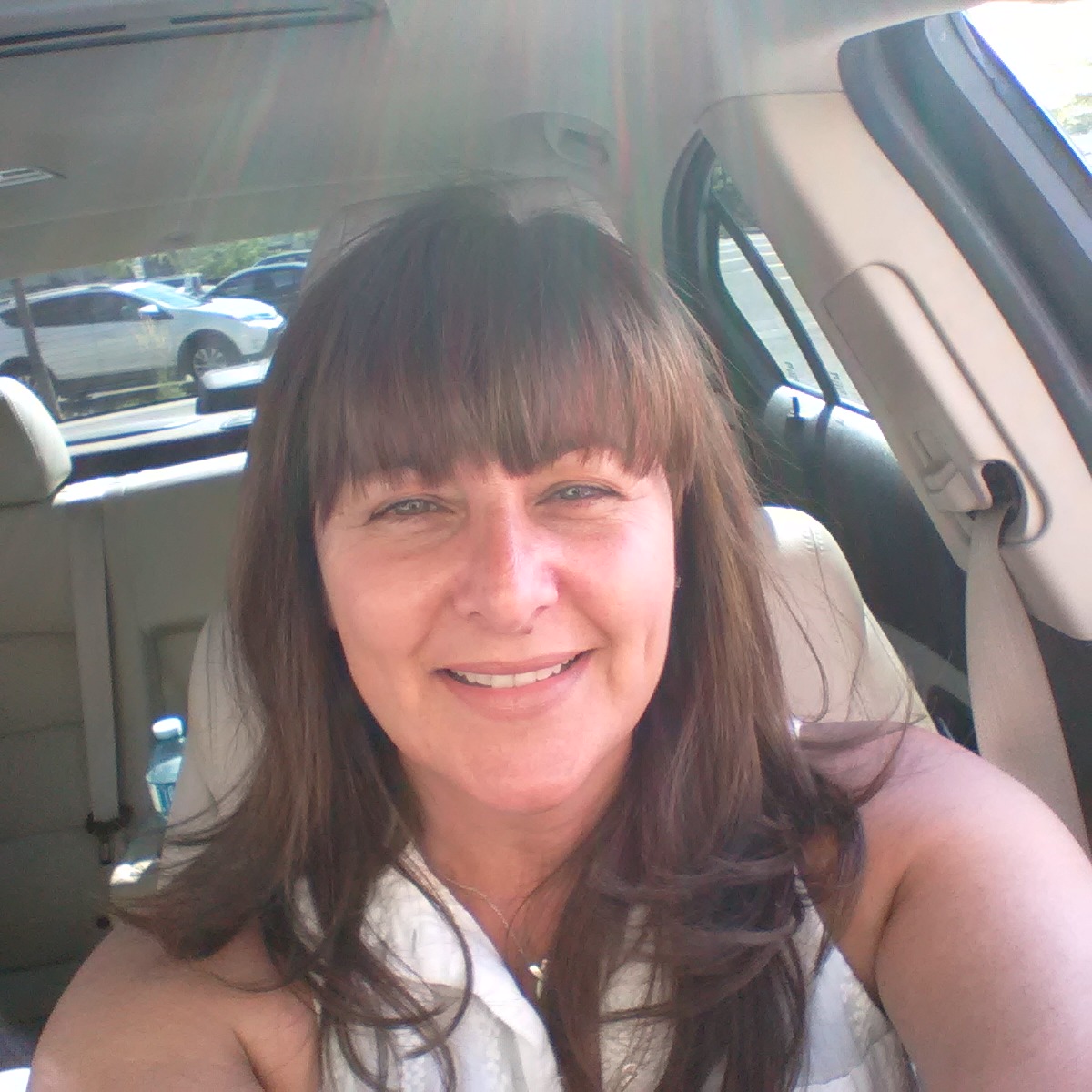- Home
- About Us
- The Team / Contact Us
- Books and Resources
- Privacy Policy
- Nonprofit Employer of Choice Award

 As fundraisers, we spend countless hours in training sessions on a vast array of topics: donor prospect research; social media; relationship building; direct marketing trends; crowd-funding; cause related marketing; sponsorship; working with boards and volunteers; motivating and managing staff; best practice in cultivation and stewardship and so on. While all of these topics are important to our professional development, so too is trust in our intuition.
As fundraisers, we spend countless hours in training sessions on a vast array of topics: donor prospect research; social media; relationship building; direct marketing trends; crowd-funding; cause related marketing; sponsorship; working with boards and volunteers; motivating and managing staff; best practice in cultivation and stewardship and so on. While all of these topics are important to our professional development, so too is trust in our intuition.
When I began to explore the role of intuition in the work of the philanthropic sector, and spoke to friends and family about the concept, it met with some skepticism. For people who knew me well, this seemed a little too new age. Most agreed that while intuition was an interesting concept, there was no way to practically learn to access it or to know when to trust it. So while it would make an interesting story – it was difficult to articulate how to practically apply it.
As I was looking for early adopters willing to share their stories about intuitive philanthropy, colleagues I’d known for years were slinking quietly away. They were wondering just how badly my brain had been fried by what was a difficult year for my family and me. Some even commented that perhaps this was just some kind of “therapy” needed to deal with the emotional turmoil of 2010 - it had been a tough year.
Getting fired
Getting fired was extraordinarily difficult. Many of you know exactly what I mean. I’d been working steadily and successfully for 26 years. Over the years I had lost bids and clients, even fired my own fair share of employees, but I had never been walked out the door myself. At the time I had just moved my family to a new town - for the new position, was deeply committed to the organization and believed I was doing a great job.
So when I got fired, I was shocked! I spiralled down for several months before I awoke from the devastation. As the primary income earner in my house, how would I feed my children? Am I really as capable as I’d led myself to believe? How would I describe the unexplainable black mark on an otherwise untarnished career? Finally with a little time to think, my mind was free to consider what I had learned from the experience and how to use this newfound wisdom. As I emerged from the darkness, I experienced an epiphany.
The epiphany
I was sitting in the middle of a very long row of brilliant fundraisers paying attention to an outstanding plenary speaker. I was surrounded by 1,000 people when my mind wandered back to a meeting with my previous employer. In the meeting I was trying to explain my choices. I was attempting to describe why, in my mind, one meeting made more sense than another. I was trying to explain why certain decisions were more appropriate, to me in the adventure to build a culture of philanthropy, than others. And I was really struggling to communicate my rationale.
At this point in my career, having to explain myself was unusual and I recall suggesting that sometimes the decision is simply intuitive. Intuitive. Do I continue down the road to meet with Board members today or do I get out on the rugby pitch and talk to parents? (I chose the rugby pitch because it was a face-to-face opportunity to meet with prospective donors.) Do I sit behind my desk and craft solicitation letters or do I join the rest of the school community as they walk and raise money for local charities? (I chose the community walk – because every stakeholder group was represented and philanthropy grows best in environments where community thrives.) It was years of working in the industry that made it possible for me to determine, quickly, which way I believed I should go. What I couldn't do, was articulate my decision-making process. Like many great fundraisers, I was using my intuition.

What the research said
Research revealed that not only was I on the right track about the role of intuition in my work, but lots of people were studying this issue from a variety of different angles. David Myers (2002) talks extensively about the science behind the study of intuition positing that “... intuition is our capacity for direct knowledge, for immediate insight without observation or reason" (p.1) Daniel Kahneman (2011), Princeton University psychologist asserted that “we now understand the marvels as well as the flaws of intuitive thought" (p.10) and Malcolm Gladwell (2005) declared that “…the best and most successful organizations of any kind – are the ones that understand how to combine rational analysis with instinctive judgment.”
The application
Some years ago I was working with a client to arrange a meeting with a potential lead donor to their first major capital campaign. The CEO sent an email request to the prospective donor who replied immediately saying that she was at the cottage for the summer and would prefer not to meet, could the CEO please elaborate on the purpose of the meeting. A flurry of emails began to fly between the CEO, the campaign manager and me. The CEO was seeking our advice. The campaign manager wanted to send a proposal. This was an important prospect and we had very few who were capable of making the seven digit gift we required to get the campaign started. The CEO and I were reluctant to send a proposal. If the prospect didn’t want to meet – she very likely didn’t want to read a proposal either.
So we crafted an authentic reply email in which we indicated that we understood this donor to be one of very few women who truly understood our cause. Further, we told her, we wanted her to consider a gift of $ 2-3 million to kick off our $ 15 million campaign, the largest campaign in this organization’s history. The prospective donor replied immediately. You could practically hear her chuckle when she told us that she was flattered that we thought she could afford a $ 3 million gift – she could not.
However, she said, she would be pleased to make a gift of $1 million payable by the end of the calendar year. In just under an hour, through email correspondence (not a traditional face to face solicitation) we had secured the largest gift at that point in the organization’s history. Not exactly best practice but it happened because we trusted our intuition and responded with authenticity.
In summary
I continue to explore the role of intuition in our work - as well as authenticity, passion and purpose. I believe that trusting our intuition allows us to stay open, be authentic in our interactions with others and as a result develop comfort for what comes next. Whether you are creating a mission driven event, building donor relationships towards a leadership gift, designing personalized recognition or developing staff and volunteers, your natural next step will be in front of you because you trusted your ability to tap into deeply held knowledge you’ve developed over many years.
Do you have stories you might share about how intuition has played a part in your success or led you astray? I would love to hear from you. Please email me at: maryann@themedalistgroup.ca.
Maryann Kerr has been working in the nonprofit sector for thirty years and is Founder & Principal of the Medalist Group where she provides strategic counsel to not for profit and corporate clients primarily in the areas of organizational development, team building, philanthropy, strategic planning and not-for-profit management and leadership.
References:
Gladwell, M. (2005). Blink. New York:NY. Little, Brown & Co.
Kahneman, D. (2011) Thinking fast and slow. Toronto:ON. Doubleday.
Meyers, D.G. 2002. Intuition: it’s powers and perils. New Haven:CT. Yale University Press.